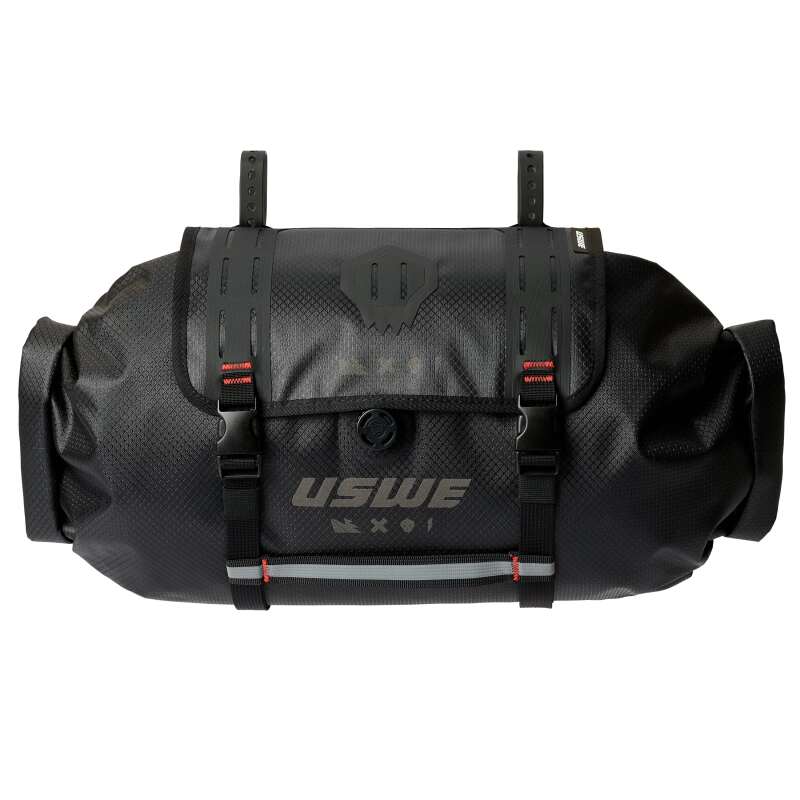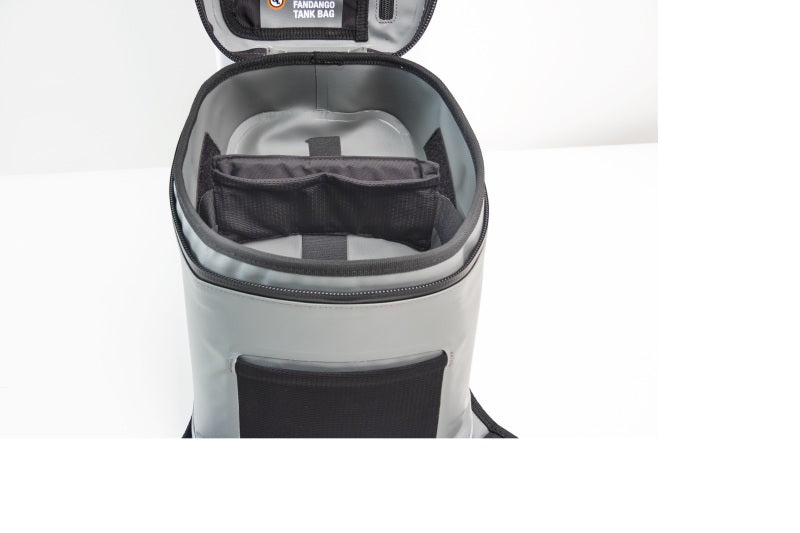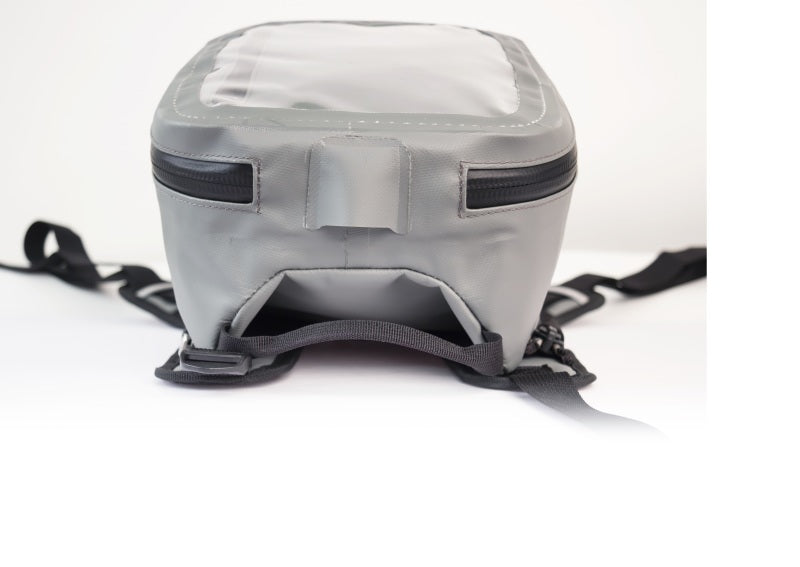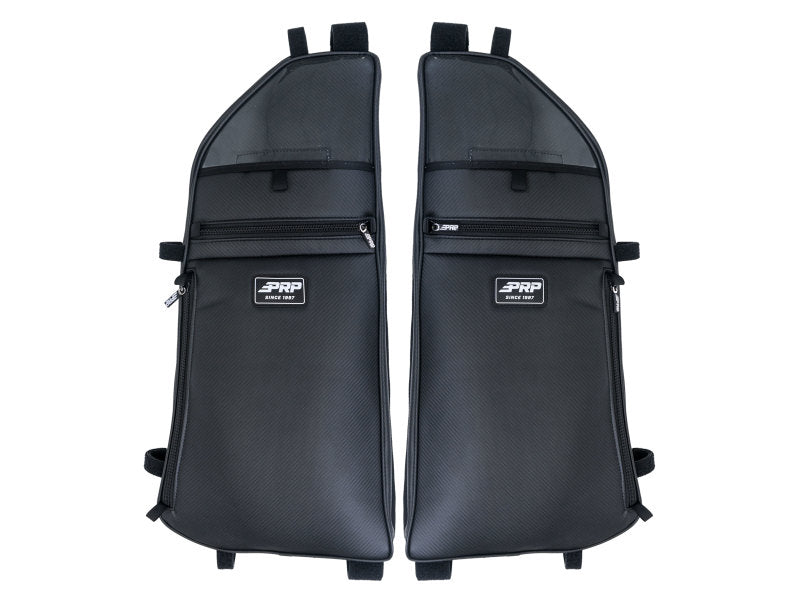Your car's air filter needs changing between 12,000 and 30,000 miles, but this changes based on where you drive. If you drive in cities, near building sites, or in dusty places, you'll need to change it sooner - around 5,000 to 7,000 miles. You can tell your filter needs changing when your car uses more gas than usual, the engine runs rough, or you see black smoke from the exhaust. Getting it changed at a shop costs $35-$75, but doing it yourself can save you $25-$50. Check your filter every 3,000 to 7,500 miles to catch problems early. Where and how you drive will tell you how often you need to change your filter to keep your engine safe.
Key Takeaways
- Standard replacement intervals range from 12,000 to 30,000 miles, with most vehicles needing annual changes or every 12,000 miles.
- Driving conditions affect replacement frequency: dusty areas need 5-7,000 miles, city driving 10-12,000 miles, and normal roads 12-15,000 miles.
- Visual inspections should occur every 3,000 to 7,500 miles to detect early signs of wear or excessive dirt buildup.
- Warning signs for replacement include reduced fuel economy, engine stuttering at idle, and dark exhaust smoke.
- Regular filter changes can improve fuel efficiency by up to 10% and prevent costly engine damage.
Understanding Your Engine Air Filter
Your engine air filter acts like a shield that keeps harmful stuff out of your engine. Think of it as a protective screen that stops dirt, dust, and tiny bits of debris from getting into the heart of your engine where they could cause serious problems.
The size and thickness of the filter make a big difference - bigger, thicker filters usually do a better job and last longer. Most drivers should plan to replace their filter every 30,000-45,000 miles.
Clean air needs to flow smoothly through the filter to help your engine run at its best. When the filter gets dirty or worn out, it blocks this important airflow, which makes your engine work harder and use more gas. This can also wear out your engine faster. Installing high-flow filtration systems can significantly boost your engine's performance and efficiency.
It's smart to check your filter regularly, especially if you drive in areas with lots of dust, city pollution, or tough weather conditions that can make your filter get dirty faster.
Signs of Filter Wear
Signs of a worn air filter show up in how your engine runs and how the filter looks. You need to watch these signs closely to keep your engine running well and make your filter last longer.
When you check your air filter, look for lots of dirt buildup, dark spots where it used to be white, and gaps between the filter and its case. The filter's treated pulp paper material deteriorates over time, making it less effective at trapping pollutants. Advanced intake systems can help maximize airflow and engine performance even with a clean filter.
- Your car uses more gas and feels slow to speed up because not enough air gets through
- The engine stutters and shakes at rest because it's not getting the air it needs
- You hear odd whistling sounds when the car is stopped, which means air might leak around the filter
- Dark smoke comes from your exhaust and more harmful gases come out because fuel isn't mixing with air properly
By checking both these problems and how the filter looks, you can tell when you need a new one.
Looking at your filter often stops your car from running poorly and keeps the engine from getting damaged by an old, dirty filter.
Driving Conditions Matter
Your air filter needs changing more or less often based on where and how you drive. Dusty places and areas with lots of pollution mean you'll need to swap out your filter more often. While most cars can go 12-15,000 miles between filter changes in clean areas, tough conditions might mean changing it every 5-10,000 miles.
| Driving Condition | Environmental Impact | Replacement Frequency |
| Normal Roads | Minimal dust | 12-15,000 miles |
| Urban/High Traffic | High pollution | 10-12,000 miles |
| Construction Zones | Heavy dust | 7-10,000 miles |
| Desert/Rural | Extreme dust | 5-7,000 miles |
| Industrial Areas | Chemical pollutants | 8-10,000 miles |
Start-stop driving, letting your car idle for long times, and very hot or cold weather can make your filter get dirty faster. To keep your engine running well, you'll need to check and change your filter more often in these conditions. Using an oiled cotton filter can extend your maintenance intervals up to 50,000 miles with proper care. Regular maintenance with quality motor oil helps ensure optimal engine performance alongside clean air filters.
When to Replace
Your air filter needs changing every 12,000 to 30,000 miles, but this can change based on how and where you drive, and which filter you buy. Replacing dirty filters helps prevent reduced fuel efficiency by up to 10%.
To know it's time for a new filter:
- Hold it up to a light - if you can't see light through it, it's too dirty
- Watch for signs like worse gas mileage and rough engine running
- Check your car's manual for when to change it
- Change it more often if you drive in city traffic or on dirt roads
Getting your filter checked during regular car service helps catch problems early. A well-maintained filter helps ensure your battery system performance stays optimal.
Better filters last closer to the full year or 12,000 miles, while cheaper ones need changing sooner to keep your engine safe.
DIY Filter Check Steps
Take a look at your car's air filter by finding the box-like case under the hood. Pop open the case (you might need a screwdriver) and lift out the filter. Hold it up to sunlight - if you can't see light through the folds, it's too dirty and won't work well much longer. Look closely between the folds for dirt, dead bugs, and other stuff that shouldn't be there. This check tells you if you can clean the filter (some types can be washed) or if you need a new one. When putting in a fresh filter, make sure it fits snugly in the case. Check your filter whenever you change your oil to keep your engine running smoothly and save gas, especially if you drive on dusty roads.
Professional Vs Self-Replacement
Getting your car's air filter fixed means choosing between a repair shop or doing it yourself. While mechanics make sure everything fits perfectly and use the right parts for your car, changing it yourself saves money and lets you do it when it's best for you.
Repair shops know which filters work best and can spot other problems, but you'll pay extra for their work.
- Mechanics check everything carefully and make sure it's installed right
- Changing it yourself needs few tools and takes about 30 minutes
- Repair shops can pick the best filter for your car
- Doing it yourself saves $10-$25 each time
Your choice really comes down to how good you are with cars, how much time you have, and what you can spend.
Mechanics offer know-how and make things easy, while fixing it yourself costs less and lets you take care of problems right away.
Common Replacement Mistakes
Car owners often make big mistakes when putting in new air filters, which can hurt their engine and make it run poorly. People often believe wrong ideas about when to change filters and don't think about dirt and dust that can quickly clog them up.
| Error Type | Consequence | Solution |
| Wrong Timing | Poor Engine Running | Use Car Manual |
| Missed Checks | Hidden Dirt | Look at Filter During Oil Changes |
| Wrong Filter | Poor Air Cleaning | Match to Car's Needs |
Checking filters often helps catch problems early. Watch for signs like using more gas than usual, rough engine running, and strange whistling noises. Hold the filter up to a light to see how dirty it is, and look between the folds for built-up dirt. Change your filter when your car manual says to - usually between 12,000-30,000 miles or once a year - to keep your engine safe.
Choosing the Right Filter
Picking the right air filter means looking at what matters most for keeping your engine running well for a long time. You can choose from basic paper filters, cloth-like synthetics, or other materials - each works best in different settings and for different vehicles. The filter's quality rating tells you how well it catches dirt and how long it will last.
- Bigger filters (5-inch or 6-inch) can go longer between changes because they can hold more dirt
- Washable gauze filters save money since you can clean and reuse them
- Synthetic filters catch more dirt than paper ones
- Where and how you drive helps decide which filter works best
Check what your car needs, think about where you drive, and what the car maker suggests when picking a filter.
Looking at your filter often and changing it when needed helps your engine stay clean and run its best.
Cost and Long-Term Benefits
Air filter upkeep is a small cost that brings big rewards for car owners. New filters cost between $10-$25, and if you need someone to install it, that's another $25-$50. But these costs are worth it since you'll save money on gas and keep your engine running better.
| Factor | Impact | Cost Benefit |
| Doing It Yourself | No labor fees | Save $25-$50 |
| Filter Type | How long it lasts | $10-$25 each time |
| How You Drive | When to replace | Changes with use |
| Regular Care | Stops big problems | Save hundreds or thousands |
| Gas Mileage | Up to 10% better | Yearly gas savings |
While some complex cars might need expert help, most car owners can swap filters on their own. Checking the filter every 12,000 miles helps keep your car running smoothly, stops engine damage, and keeps gas costs down.
Maintenance Schedule Tips
Keeping your air filter in good shape is key to making your car last longer and run better. Check your owner's manual and think about where you drive to set the right schedule. Look at your filter every 3,000 to 7,500 miles to catch problems early.
- Hold the filter up to a bright light to see how dirty it is
- Watch for signs like poor gas mileage or rough running
- Change it more often if you drive in dusty or dirty areas
- Keep track of when you check and change the filter
Most cars need a new filter every 12 months or 12,000 miles, but dirty roads mean more frequent changes.
Big car fleets can use smart tracking tools to know exactly when each filter needs changing based on how the vehicle is used.
Frequently Asked Questions
Can Using a Higher-Grade Air Filter Damage My Engine?
Better air filters won't hurt your engine when you put them in right. They can actually help your engine run better, but make sure you pick one that fits your car and is the right type.
Does Engine Size Affect How Often I Need to Replace Filters?
Engine size won't make your filters wear out faster or slower. What really matters is how you drive, what kind of filters you buy, and where you drive - like dusty roads or clean highways. The size of your engine has little to do with how often you need new filters.
Should I Clean and Reuse Paper Air Filters to Save Money?
Don't clean and reuse paper air filters to try to save money. It will damage the filter and won't protect your engine well. If you want to save money over time, buy washable mesh filters instead.
Do Aftermarket Air Filters Void My Vehicle's Warranty?
Installing non-factory air filters won't cancel your car's warranty thanks to the Magnuson-Moss Warranty Act. Your car maker must show that the filter actually harmed your car before they can turn down any warranty repairs. Just make sure the filter fits your car's needs and is installed correctly.
Are Oiled Filters Better Than Dry Filters for High-Performance Engines?
Oiled filters work better than dry ones in powerful engines because they catch more dirt while letting in more air, which helps keep the engine clean and running strong.
Conclusion
Regular air filter maintenance represents a vital aspect of engine health and performance enhancement. Gexhaust recommends proper inspection intervals, typically every 15,000-30,000 miles depending on driving conditions, to guarantee peak airflow and engine protection. Understanding filter degradation signs, implementing correct replacement procedures, and selecting quality components contribute to sustained engine efficiency. A systematic maintenance approach, aligned with manufacturer specifications, maximizes both engine longevity and operational cost-effectiveness. Contact us for expert guidance on air filter maintenance and replacement.





